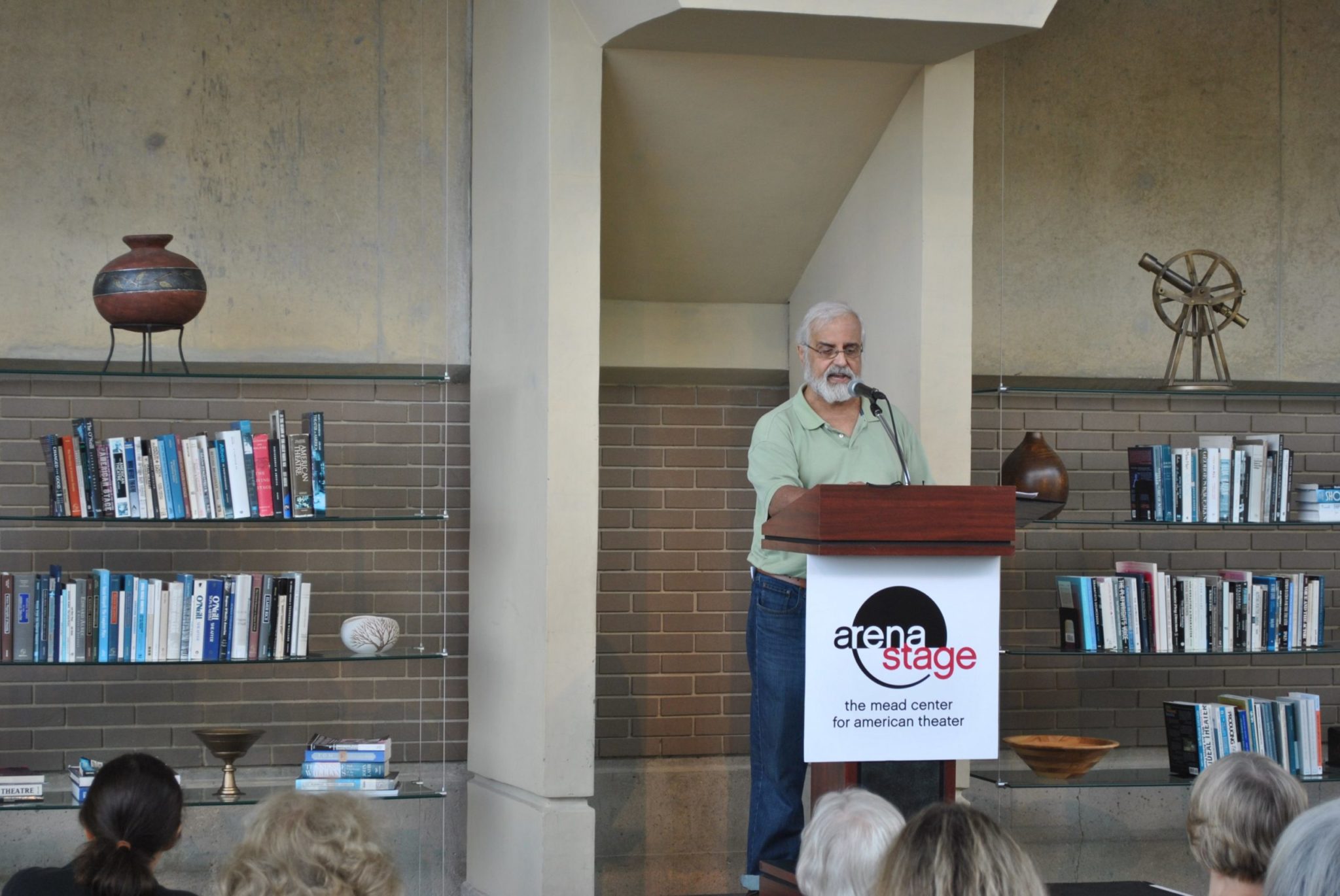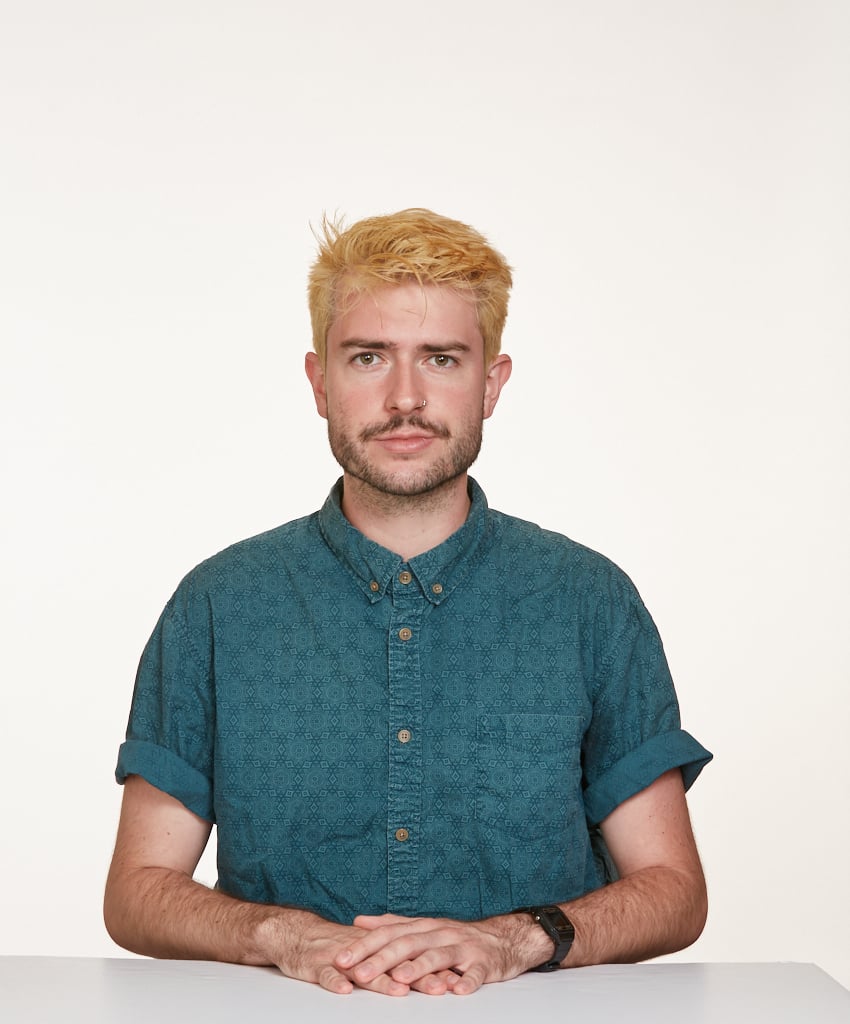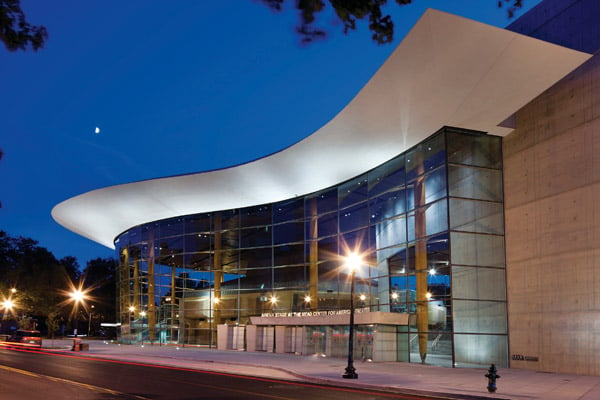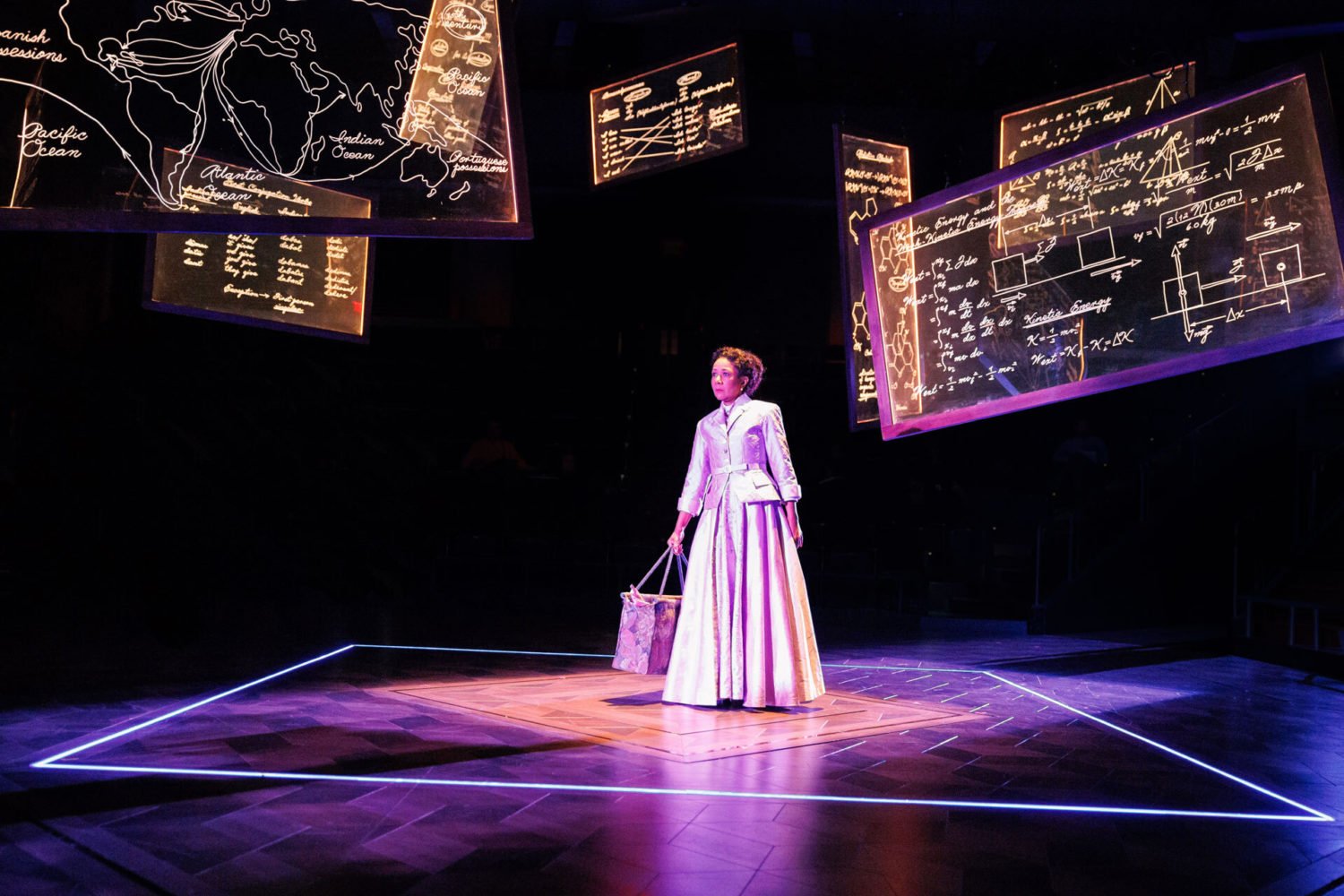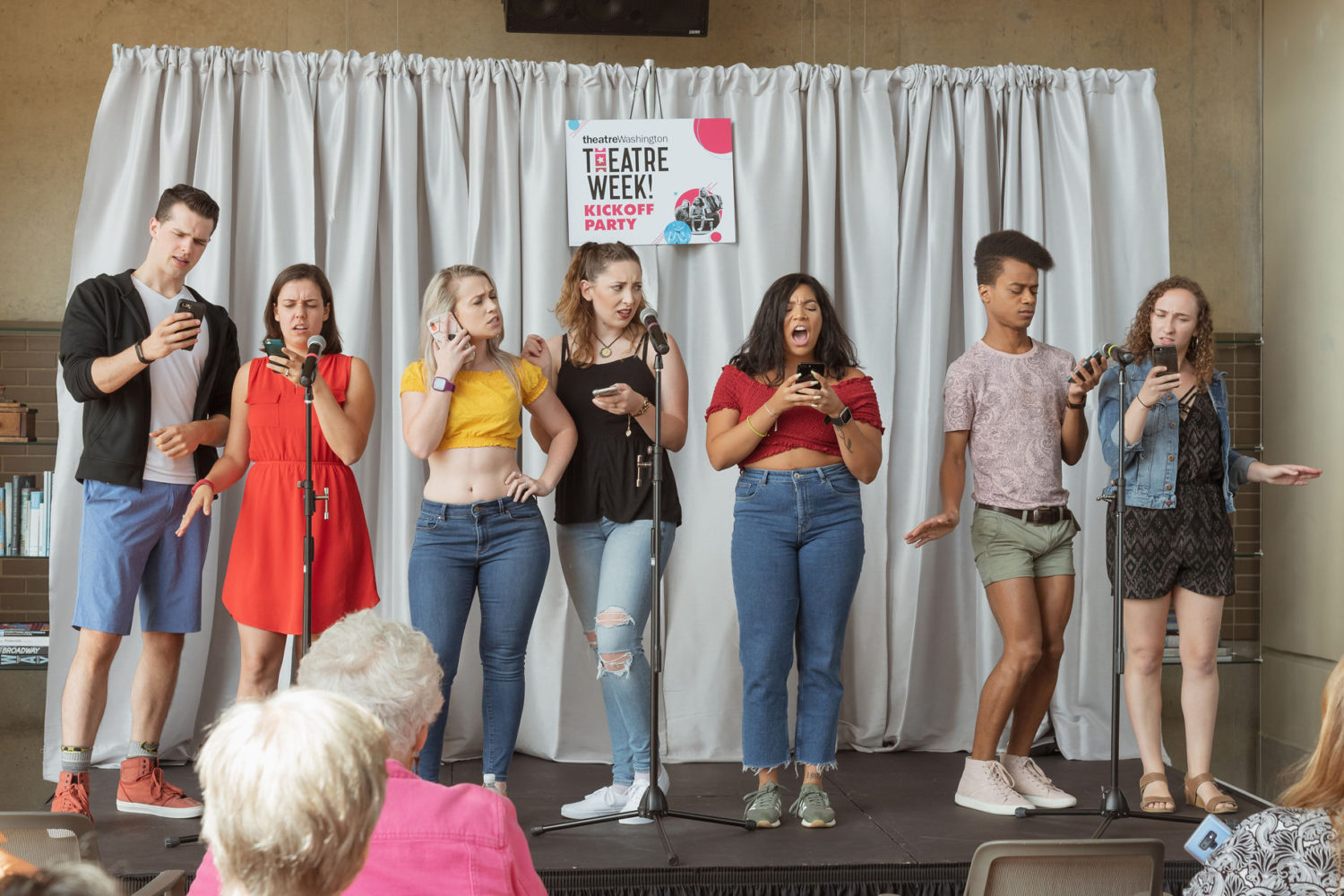On July 11, local pastor David Lindsey stepped up to a lectern in front of an audience of a few dozen people. He’d spent hours waiting for his turn to read—not from his usual Bible but from Robert Mueller‘s report on Russian interference in the 2016 election. While he was comfortable with public speaking, Lindsey knew this legal language would be a totally different challenge, so his wife, an attorney, was texting him explanations for some of the jargon. The report lay open on the lectern, turned to page 433. Throat cleared, he began to read: “Rejecting proposal to ‘give the same word, in the same statutory provision, different meanings in different factual contexts…’” Three minutes later, a light signaled that his time was up.
Lindsey was one of more than 200 volunteers who teamed up to read aloud the entire second volume of the Mueller report—including its 1,092 footnotes—in an 11-hour marathon at Arena Stage. Ten hours and 171 pages earlier, I had arrived at the venue, ready to sit there for the entire thing. The crowd numbered more than 100.
At noon, Arena artistic director Molly Smith gave a few words of encouragement. “It’s a community service to read the report with a multiplicity of voices,” she said. “Many of us have only heard the report in bits and pieces, or read it in bits and pieces. Today we gather as a community to read without comment, listen, and absorb.”
The crowd was warmed up, ready to hang on every juicy detail of Mueller’s efforts. However, what followed was hours of monotonous C-SPAN-style narration—readers were instructed specifically not to inflect—interrupted only when a loud buzzer sounded during redacted sections. When a long redaction came or the plot reached a notably incriminating moment, the otherwise subdued audience chuckled. (Trump asking Comey for “honest loyalty” actually killed.)
For the footnotes, and the moments between speakers, the audience waited in silence. Some stared at their phones. Others followed along with their own copies of the text (the Washington Post edition was by far the most popular). A woman was knitting and a man ate a personal pizza. Mostly, it was just slow, slow, slow.
Not that this was pitched as exciting in the first place. A group of citizens—sometimes dozens, sometimes almost 200 as attendees could come and go—spent the day engaged in a perceived civic duty to learn about a critical document that wasn’t designed to be interesting or easy to read.
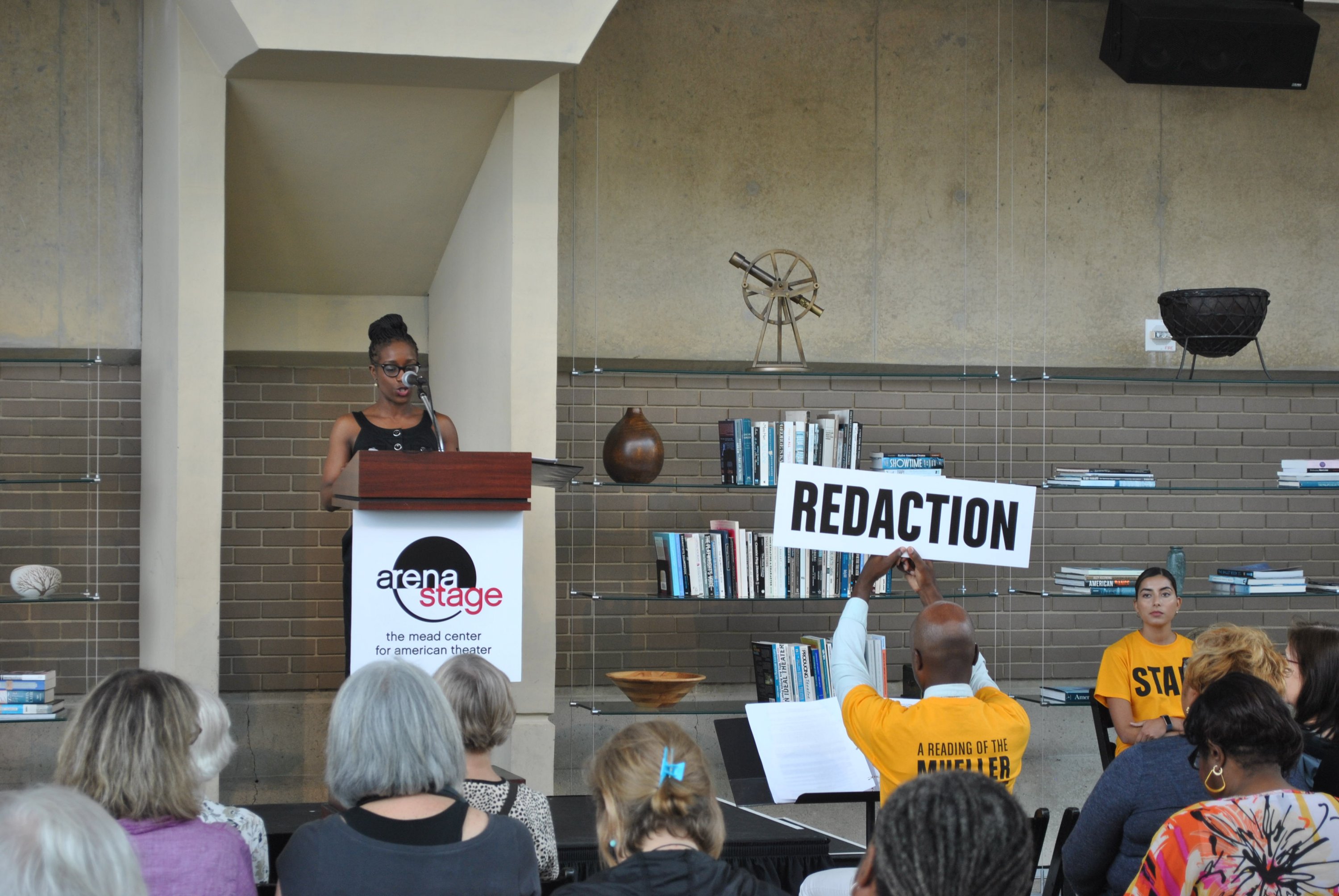
Why even do this? It started with Smith wanting to hear the contents of the report for herself, un-distilled. Like many of her friends, she’d read snippets but not the whole thing. “We’ve gone back to the source, instead of everyone’s opinion of it,” she said.
Initially, Smith, director Jackson Gay, and actress Jjana Valentiner had wanted a 24-hour cover-to-cover reading, but decided that would be too much. They focused instead on Volume II. “I think we know what power there is reading in a group,” Smith said. “We know it in the theater. You get a group of people together, you watch something, hear it read. It’s like alchemy. It changes. I think this is an opportunity for people to make up their own minds.”
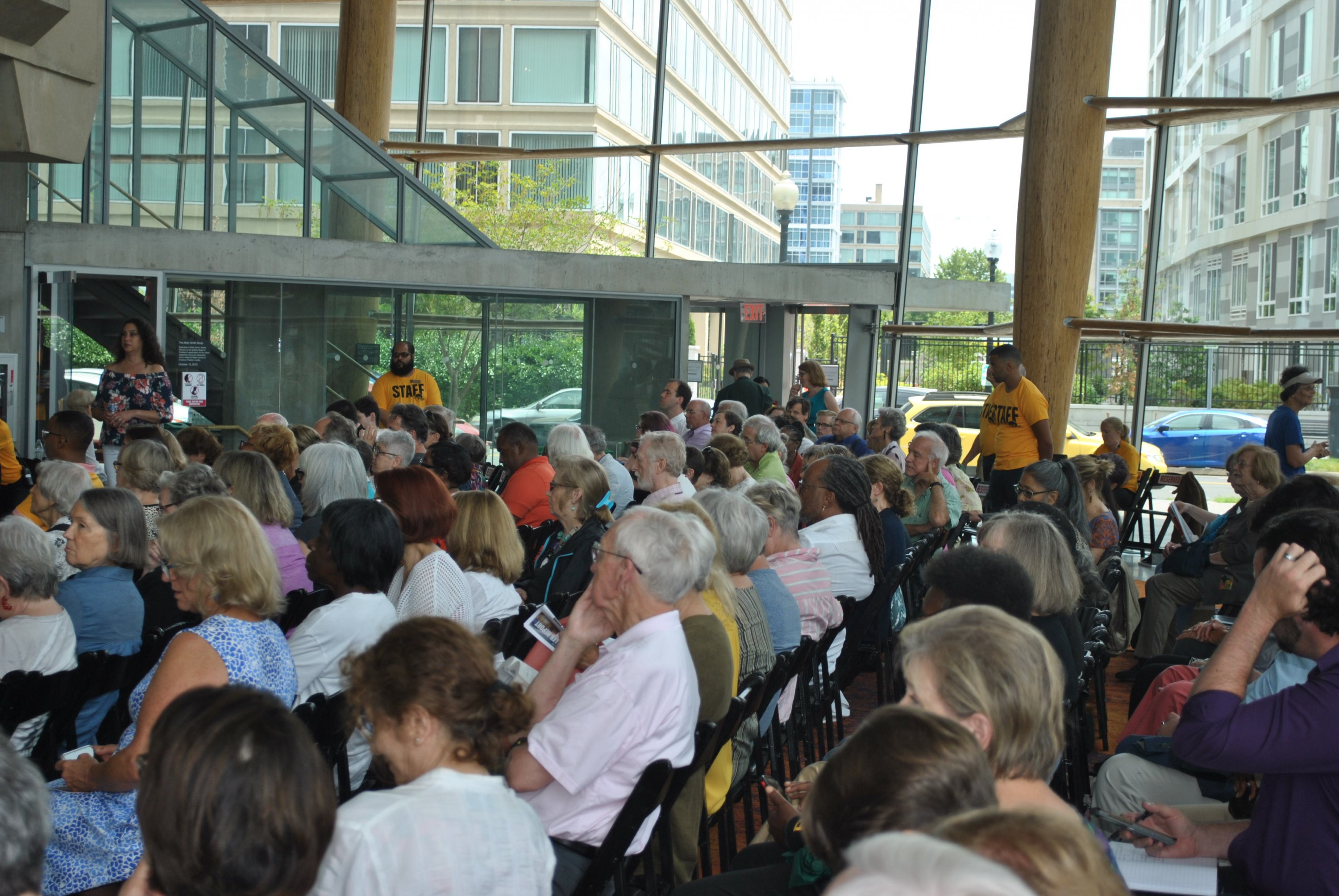
By 9 PM, there were still about 40 people in the room, ready to cross the finish line. The man in the row in front of me kept his posture while dozing off. In the final stretch, a few speakers lost track of their place and reread sections previously covered. I was reading along, agonizing over these missteps and anxious to get out of the uncomfortable wooden folding chair.
At 10:58 PM, when the reader finished the last paragraph, the standing ovation was as much for the audience as it was for the performance. Gayle Carney, an actor who sat in the front row, had also been there since noon, surviving off the lunch and snacks she had brought. “This is so important to our democracy and I think people need to listen,” she said. “There’s some nuances that I think you pick up [by hearing it].” I asked if she had ever done something like this before. “Well, I did sit through the Watergate hearings in college,” she said.

